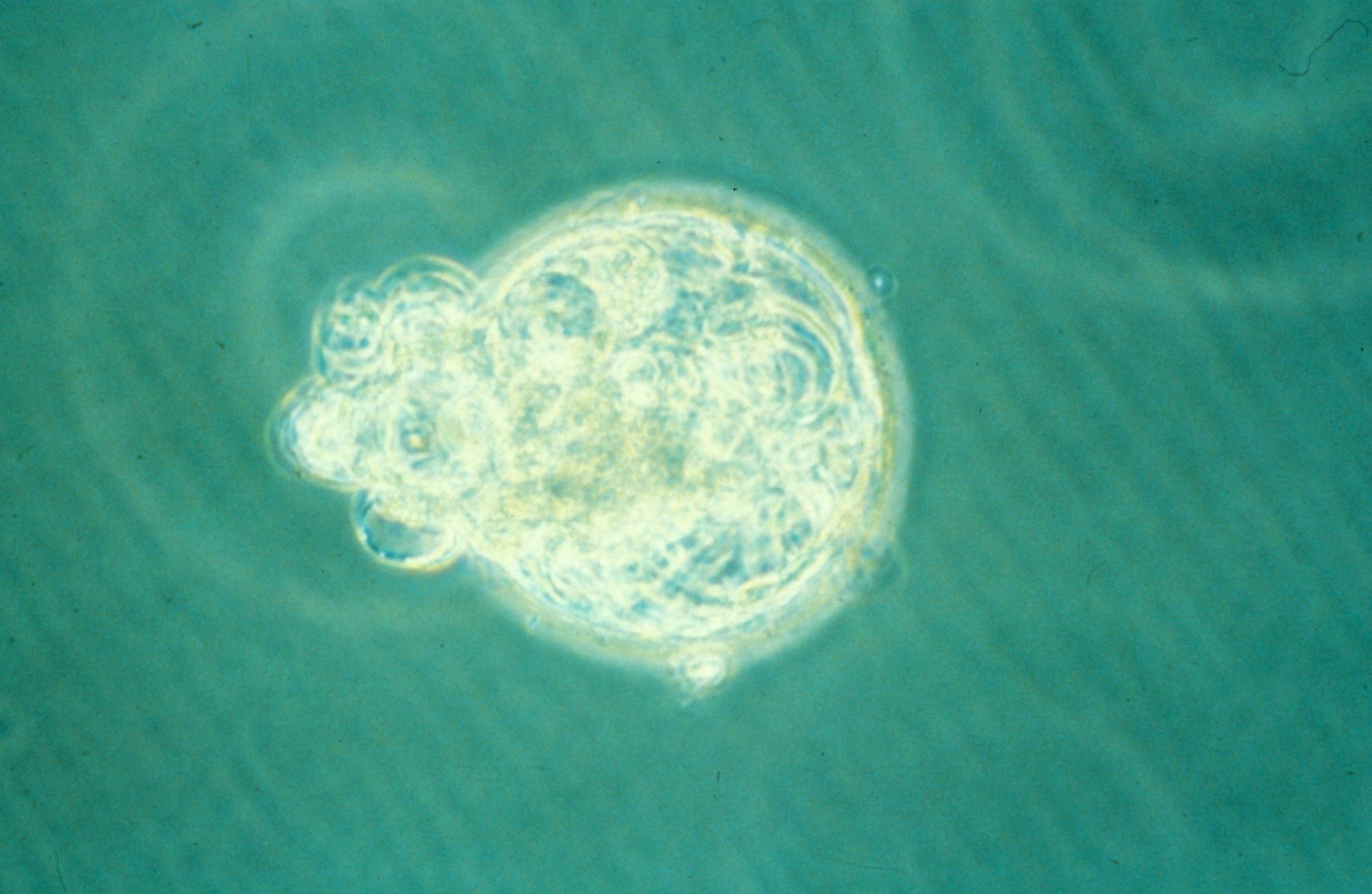The human embryo: a person or a cluster of cells? To be or not to be, that truly is the question when dozens of human embryo research protocols are authorised by the Biomedicine Agency. Because the said embryos are destroyed in this type of research. Also, when the General Bioethics sites enquire how to promote and supervise this research, we have to ask whether human embryo research is that necessary. Is it just a case of setting a framework and a few limits?
In fact, although biologists can display genuine fascination watching the on-screen development of the first structured cells resulting from fertilisation, seeking to unravel the impetuous mystery of life, culminating in a human birth, there is far more to it in reality.
What is a human embryo? The question deserves special attention. So, get ready – I’m about to take you on an incredible journey. But beware of what lies ahead! Indeed, we have to look at the status of the embryo to find the beginnings of an answer.
And French law is totally contradictory on this point! What does the law say? First observation: it does not grant the embryo the status of a person. For instance, the manslaughter of an unborn child is recognised only if the latter is considered viable when the crime was perpetrated. Which excludes an embryo. But, on the other hand, inheritance rights are granted, which is inconsistent, bearing in mind that an abortion might be performed. This is a delicate balancing act…
The French National Consultative Ethics Committee, for its part, uses the expression “potential person”, which has no legal significance and does not appear in any legal document but which supposes that there is a threshold to be crossed in order to become a human being.
Let’s look more closely at this. Professor Lejeune, one of the people who discovered Down syndrome explained that “the genetic constitution of a human being is completed as soon as fertilisation takes place”. From a scientific perspective, this means that the person’s genetic heritage, i.e. everything that this individual already is and will be, is contained in this very first cell generated when a sperm meets an egg. The story has already begun. As it develops, the human embryo becomes a human foetus, a human baby, a teenager, an adult and an elderly person, without anything impeding this process from within. He said: “In the beginning, there is a message, this message is in life, and this message is life. And if this message is a human message, then this life is a human life”. Under these conditions, as ethical alternatives exist for research using animal and iPS cells, shouldn’t we adopt a specific approach for someone who is already one of us?
[1] Induced pluripotent cells- this involves the genetic reprogramming of virtually any adult cell to make it pluripotent, i.e. capable of multiplying to infinity, and of differentiating itself into types of cell that make up an adult organism, exactly like an embryonic stem cell.

